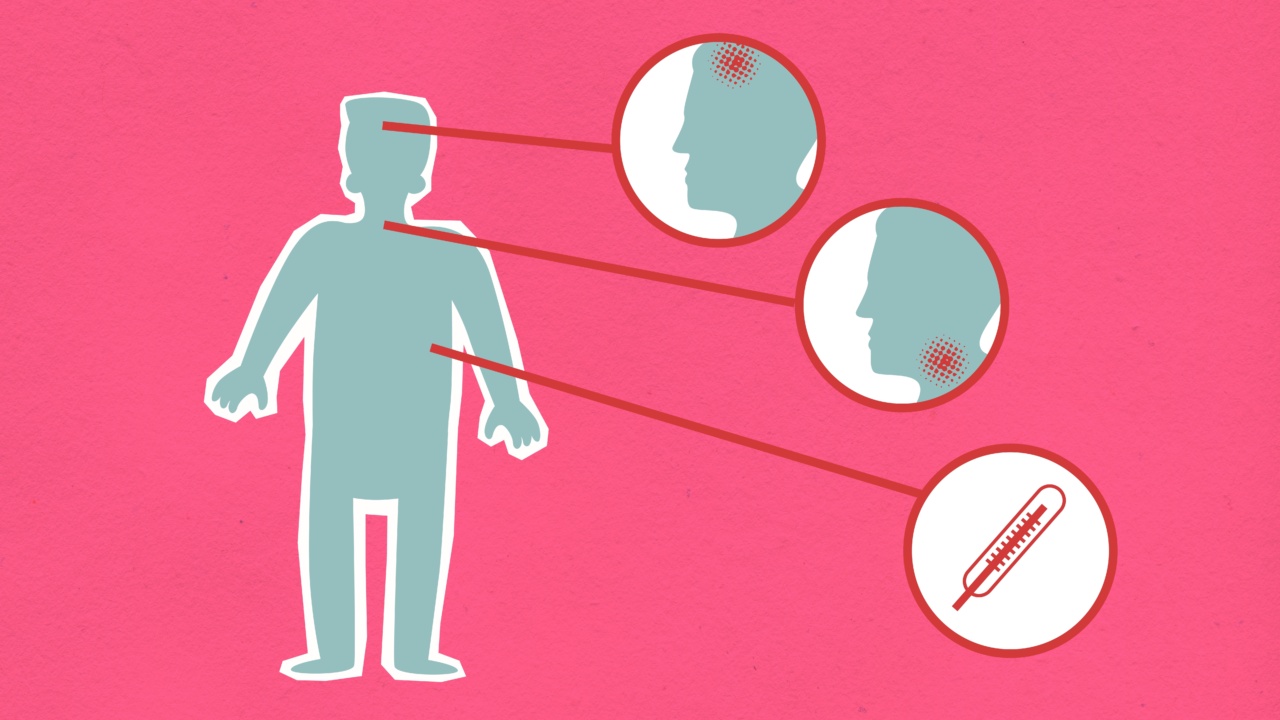Selenium is an essential mineral that is required by our body in small amounts for various biochemical reactions. It plays a crucial role in maintaining the body’s overall health and well-being.
Selenium deficiency is not very common, but it can cause a range of health problems if left untreated. In this article, we will explore some of the common symptoms of selenium deficiency in the human body.
What is Selenium?
Selenium is a trace element that is found in soil, water, and some foods. It is an essential nutrient for human health, as it plays several vital roles in the body.
Selenium is required for proper thyroid function, DNA synthesis, immune system function, and it also acts as an antioxidant, protecting the body’s cells from damage caused by free radicals.
Causes of Selenium Deficiency
Selenium deficiency is rare in developed countries, as most people get enough selenium from their diet.
However, it can happen in people who live in areas with low levels of selenium in the soil, or in people who have certain medical conditions that affect their ability to absorb selenium from food.
Some common causes of selenium deficiency include:.
- Low dietary intake of selenium
- Chronic gastrointestinal disorders that affect the absorption of nutrients
- Excessive alcohol consumption
- Medical conditions that affect the liver or kidneys
Selenium Deficiency Symptoms
Selenium deficiency can cause a range of symptoms, depending on the severity and duration of the deficiency. Here is a list of some of the common symptoms associated with selenium deficiency:.
Weakened Immune System
Selenium is required for the production of antioxidants that protect the body’s cells from free radical damage. Without enough selenium, the immune system may weaken, making the body more susceptible to infections and other diseases.
Cardiovascular Disease
Selenium deficiency has been linked to an increased risk of cardiovascular disease. This is because selenium is required for the proper functioning of the heart and blood vessels. Without enough selenium, the risk of heart attack and stroke may increase.
Joint Pain and Inflammation
Selenium deficiency can cause joint pain and inflammation. This is because selenium is required for the production of prostaglandins, which are hormone-like substances that regulate inflammation in the body.
Without enough selenium, the body may produce more inflammation, leading to joint pain and swelling.
Thyroid Problems
Selenium is required for the production of thyroid hormones, which regulate the body’s metabolism. Without enough selenium, the thyroid gland may become dysfunctional, leading to symptoms such as fatigue, weight gain, and depression.
Mental Health Issues
Selenium is required for the production of neurotransmitters, which are chemicals that help regulate mood and behavior. Without enough selenium, the risk of depression and other mental health issues may increase.
Infertility
Selenium deficiency has been linked to male infertility. This is because selenium is required for the production of healthy sperm. Without enough selenium, the risk of infertility may increase.
Hair and Nail Problems
Selenium deficiency can cause hair and nail problems. This is because selenium is required for the production of healthy hair and nails. Without enough selenium, the hair and nails may become brittle and prone to damage.
Delayed Wound Healing
Selenium deficiency can also cause delayed wound healing. This is because selenium is required for the production of collagen, a protein that is essential for wound healing.
Without enough selenium, the body may take longer to heal wounds and repair damaged tissues.
Muscle Weakness and Fatigue
Selenium deficiency can cause muscle weakness and fatigue. This is because selenium is required for the proper functioning of the muscles. Without enough selenium, the muscles may become weak and tired, leading to fatigue and weakness.
Growth and Development Issues
Selenium deficiency can lead to growth and development issues in children. This is because selenium is required for the growth and development of bones, muscles, and other tissues.
Without enough selenium, children may experience stunted growth and other developmental issues.
Treatment of Selenium Deficiency
The treatment of selenium deficiency depends on the severity and duration of the deficiency. In mild cases, increasing the intake of selenium-rich foods such as Brazil nuts, seafood, and whole grains may be sufficient to correct the deficiency.
In more severe cases, selenium supplements may be prescribed by a healthcare professional.
Conclusion
Selenium is an essential mineral that is required by our body for various biochemical reactions. Selenium deficiency is not very common, but it can cause a range of health problems if left untreated.
If you are experiencing any of the symptoms associated with selenium deficiency, it is important to speak with a healthcare professional to determine the underlying cause and appropriate treatment.





























